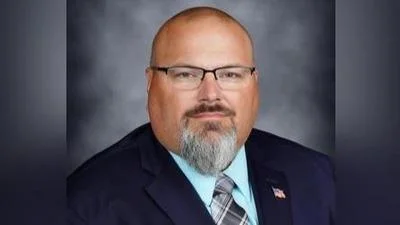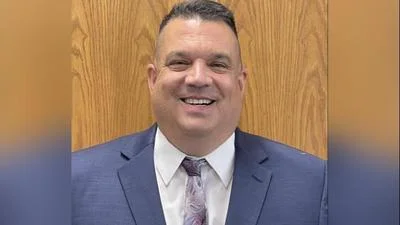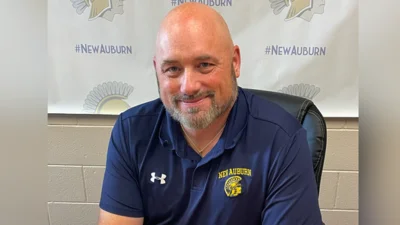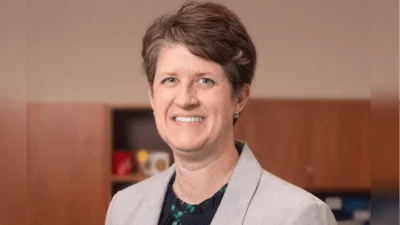Cory Tomczyk Wisconsin State Senator (District 29) | https://www.facebook.com
Cory Tomczyk Wisconsin State Senator (District 29) | https://www.facebook.com
According to the Wisconsin State Legislature's official website, the bill was described as follows: "special circumstances battery to a community service officer and providing a penalty".
The following is our breakdown, based on the actual bill text, and may include interpretation to clarify its provisions.
In essence, this bill amends existing statutes to categorize intentionally causing or threatening to cause bodily harm to a community service officer, in response to actions taken in an official capacity, as a Class H felony. Currently, such offenses against judges, prosecutors, and law enforcement officers already fall under this classification. The bill specifies that offenders must be aware, or should reasonably be aware, of the victim's official status, extending these protections to the family members of community service officers as well. By recognizing community service officers under these special circumstances, the bill imposes more severe legal repercussions for crimes against them, reflecting the serious nature of interfering with their duties.
The bill was co-authored by Representative Joy L. Goeben (Republican-5th District). It was co-sponsored by Representative Scott Allen (Republican-82nd District), Representative David Armstrong (Republican-67th District), and Representative Elijah R. Behnke (Republican-6th District), along nine other co-sponsors.
Cory Tomczyk has authored or co-authored another 11 bills since the beginning of the 2025 session, with none of them being enacted.
Tomczyk, a Republican, was elected to the Wisconsin State Senate in 2023 to represent the state's 29th Senate district, replacing previous state senator Jerry Petrowski.
In Wisconsin, the legislative process starts when a senator, constituent, group, or agency proposes an idea for a bill. After drafting, the bill is introduced, numbered, and referred to a committee for review and public input. If approved, it moves through three readings and votes in both the Senate and Assembly. Once both chambers pass the same version, the bill goes to the governor, who can sign it, veto it, or let it become law without a signature. Only a small share of bills introduced each session ultimately become law. You can learn more about the Wisconsin legislative process here.
| Bill Number | Date Introduced | Short Description |
|---|---|---|
| SB17 | 02/05/2025 | Special circumstances battery to a community service officer and providing a penalty |
| SB16 | 02/05/2025 | Participation in interscholastic athletics and application of the public records and open meetings laws to interscholastic athletic associations |
| SB9 | 01/24/2025 | Special registration plates with white lettering on a black background. (FE) |
| SB8 | 01/24/2025 | Repair and replacement of implements of husbandry under warranty |
| SB3 | 01/24/2025 | Requiring local approval for certain wind and solar projects before Public Service Commission approval |
| SB2 | 01/24/2025 | Expanding veterans benefits to individuals who served in Laos in support of the United States during the Vietnam War |






 Alerts Sign-up
Alerts Sign-up